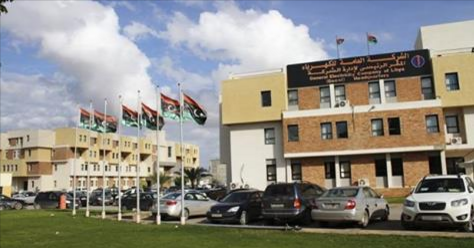The General Electricity Company of Libya (GECOL) said Monday that the generation of the general power network reached 5100 megawatts on Sunday, pointing out that the deficit had dropped very considerably and thus the hours of power load shedding will therefore decrease remarkably across the country.
The Head of the media office of the GECOL, Mohammed Al-Takouri, told the press that the current power generation deficit ranged between 1200 and 1300 megawatts every day, stressing that such a ratio allowed the GECOL to decrease the power outage hours (from 3 to 4 hours a day) starting from yesterday.
“GECOL can overcome the current deficit if all of the cities in Libya shouldered the same amount of load shedding hours. Now we have managed to retrieve power to the southern region, but still we call on all of the Libyan cities to agree on the GECOL’s load shedding system, asking them to take the conditions of kids, elderly, and the hospitals into account.” Al-Takouri indicated.
“Children and old people as well as patients want round-the-clock heating and light, so all of the cities must be responsible for their situations.” He explained.
He also urged the citizens to use power less, pointing to the fact that the use of power by the Libyans is much bigger than that by the citizens of other countries.
GECOL has been under a lot of pressure lately after it had to close Al-Zawiya power plant upon the shutdown of the gas pipeline, which used to provide for the power plant, by protesters. This action led to long hours of outage in the capital and other western region districts, while it also led to three total blackouts in Libya’s west in one single week, not to mention a total blackout that lasted two weeks in the south.







